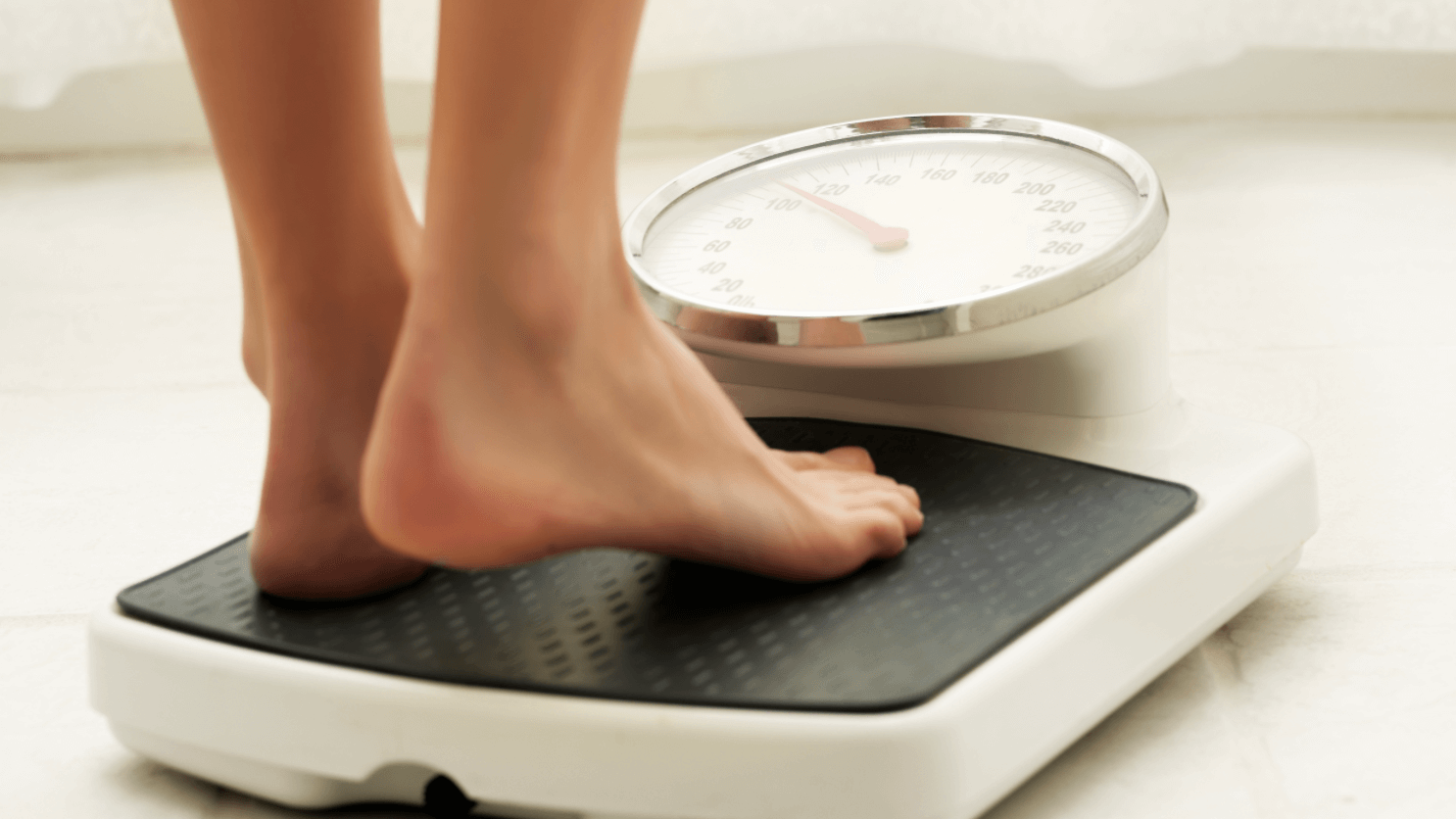What Is BMI And How Is It Calculated?
&srotate=0)
If you are overweight and have been considering cosmetic surgery to enhance your body, you may have wondered whether you should lose weight first. While losing weight is certainly a beneficial step for your overall health and wellness, it is helpful to understand how your current body fat percentage may impact your eligibility for plastic surgery and your potential results. Board-certified plastic surgeon Dr. Jerry Chidester (aka Dr. Chiddy) and the dedicated team at Jerry Chidester, MD Plastic & Hand Surgery are committed to helping men and women of every shape and size reach their ultimate cosmetic goals when it can be safely and reasonably done. Learn more about BMI here, including what it is, what it means, and how it may impact your eligibility for cosmetic surgery in Draper, UT.
What is BMI?
BMI, which is short for body mass index, is a rough measurement of a person’s body fat percentage using a specialized formula that involves height to weight ratio.
What’s the difference between BMI vs. body fat percentage?
One of the most common misconceptions about BMI is that it gives an accurate calculation of a person’s body fat percentage. In reality, BMI is an imperfect – though still valuable – measurement of a person’s estimated percentage of body fat. However, some men and women with a high BMI may have an excess of muscle mass rather than fat, while certain patients with a low BMI may still have an elevated percentage of fat in their bodies.
Is BMI for women and men the same?
Yes, the formula used to calculate BMI is the same for men and women. Additionally, the healthy BMI range is the same for both men and women.
How to calculate my BMI
To calculate your BMI, all you need is your height, weight, and the BMI formula. For your convenience, please find Dr. Chiddy’s easy-to-use instant BMI calculator here.
Once you have calculated your body mass index, use the chart below to determine which BMI range you land in:
- BMI Ranges
- Less than 18.5: underweight
- 18.5 - 25: normal, healthy weight
- 25 - 29.9: overweight
- 30 - 40: obese
- Over 40: morbidly obese
What’s a healthy BMI for cosmetic surgery?
Generally speaking, BMI can give patients and surgeons a fairly reliable idea of whether their body fat percentage is at an appropriate level for undergoing a cosmetic procedure. Like many reputable and skilled plastic surgeons, Dr. Chiddy prefers patients to have a maximum BMI of 30 before having plastic surgery. Being overweight and/or having a BMI over 30 can significantly increase the risks of perioperative and postoperative complications, including:
- Problems with anesthesia
- Difficulty during recovery
- Slow healing
- Infection
- DVT/blood clot
- Unsatisfactory results
- Inability to maintain cosmetic results
In addition to BMI, a number of other factors must be considered to determine if a patient is eligible for surgery, including:
- Overall health
- Smoking status
- Blood pressure
- Underlying medical conditions
- History of complications with anesthesia/surgery
- Stability of weight
- Diet/lifestyle
- Commitment to a healthy lifestyle after surgery
- Realistic expectations for their results
Can I get breast implants with an overweight BMI?
Breast augmentation is undoubtedly one of the most frequently performed cosmetic procedures year after year. As such, many women with a slightly elevated BMI wonder whether they still qualify for breast implants. After a thorough consultation and evaluation, Dr. Chiddy will assess a number of factors – including BMI – to determine whether breast augmentation can safely and effectively be performed on you. In many cases, patients with a slightly elevated BMI of up to 30 are still eligible for breast augmentation. However, the majority of women are more satisfied with their physical and emotional outcomes when they go into cosmetic surgery at a healthy BMI and stable weight. Ideally, patients should have been at or near their goal weight for at least six months prior to plastic surgery.
Understand your BMI before considering cosmetic surgery in Greater Salt Lake City, UT
If you are worried that your BMI is too high for plastic surgery, you may be surprised to learn that patients can often have successful, safe procedures with even a slightly overweight BMI. The best way to determine with certainty whether you qualify for cosmetic surgery is to be evaluated by a qualified, certified, and experienced plastic surgeon. To learn more about BMI and plastic surgery, including whether you may be eligible for your desired treatment, call the knowledgeable team at Jerry Chidester, MD Plastic & Hand Surgery to schedule your private consultation in Draper, UT with award-winning board-certified plastic surgeon Dr. Jerry Chidester today!